Who Pays for Home Inspections in Virginia?
When buying or selling a home in Virginia, one of the key considerations is who pays for the home inspection. Home inspections play a crucial role in real estate transactions, providing valuable information about the condition of a property. In this article, we will explore the purpose of home inspections, the legalities surrounding them in Virginia, the financial responsibilities of both buyers and sellers, and tips on negotiating inspection costs. Additionally, we will discuss how home inspections can impact property value. Read on to learn more!
Understanding the Purpose of Home Inspections
Before diving into the specifics, it's important to understand the purpose of home inspections. A home inspection is a thorough examination of a property, conducted by a professional inspector, to identify potential issues or defects. The inspector evaluates the structural integrity, electrical systems, plumbing, HVAC, and other components of the home. This process provides buyers with a comprehensive understanding of the property's condition before finalizing the purchase.
Not only do home inspections help buyers make informed decisions, but they also protect sellers by ensuring transparency. By identifying any necessary repairs or maintenance, a home inspection helps prevent any surprises later on, reducing the risk of disagreements or legal issues.
The Role of Home Inspections in Real Estate Transactions
Home inspections are an integral part of real estate transactions in Virginia. As a buyer, it is essential to include a home inspection contingency in your purchase offer. This contingency allows you to conduct a professional inspection and negotiate repairs or adjustments based on the inspector's findings. It also gives you the option to back out of the deal if significant issues are discovered.
For sellers, allowing a home inspection demonstrates good faith and gives prospective buyers confidence in the property. It allows them to have a clear understanding of the property's condition, potentially reducing the likelihood of renegotiations or last-minute complications during the sales process.
Key Elements of a Home Inspection
A comprehensive home inspection covers various aspects of a property. Here are some key elements that inspectors typically evaluate:
The foundation and structural integrity of the home
The condition of the roof, including any signs of leaks or damage
Electrical systems, including wiring and the functionality of outlets and switches
Plumbing, such as water supply, drainage, and the functionality of fixtures
Heating, ventilation, and air conditioning systems (HVAC)
Appliances, such as the stove, dishwasher, and refrigerator (if included in the sale)
Insulation and energy efficiency
Windows and doors
When it comes to evaluating the foundation and structural integrity of a home, inspectors will thoroughly examine the walls, floors, and ceilings for any signs of cracks, sagging, or other structural issues. They will also assess the quality of the construction materials used and check for any signs of water damage or pest infestation that could compromise the stability of the property.
The condition of the roof is another crucial aspect of a home inspection. Inspectors will inspect the roof for any signs of leaks, missing or damaged shingles, or other issues that could lead to water damage or structural problems. They will also examine the gutters and downspouts to ensure proper drainage and evaluate the overall condition of the roof's supporting structures.
When it comes to electrical systems, inspectors will assess the functionality of outlets, switches, and light fixtures. They will also check the electrical panel for any signs of outdated or faulty wiring, which could pose a safety hazard. Additionally, inspectors will evaluate the grounding and bonding systems to ensure proper electrical grounding and protection against electrical shock.
Plumbing is another critical element of a home inspection. Inspectors will assess the water supply system, including the pipes, faucets, and fixtures, to check for any leaks or water pressure issues. They will also evaluate the drainage system, including the sewer lines and septic tank (if applicable), to ensure proper wastewater disposal. Additionally, inspectors will inspect the functionality of toilets, sinks, showers, and bathtubs to ensure they are in good working condition.
Heating, ventilation, and air conditioning systems (HVAC) are essential for maintaining a comfortable and healthy indoor environment. Inspectors will assess the functionality of the heating and cooling systems, including the furnace, air conditioner, and ductwork. They will also check for proper insulation and ventilation to ensure energy efficiency and prevent moisture-related issues, such as mold growth.
Appliances, such as the stove, dishwasher, and refrigerator, are often included in the sale of a home. Inspectors will evaluate the functionality and condition of these appliances to ensure they are in good working order. They will also check for any potential safety hazards, such as gas leaks or faulty electrical connections.
Insulation and energy efficiency are becoming increasingly important considerations for homeowners. Inspectors will assess the insulation levels in the walls, attic, and crawl spaces to ensure adequate thermal protection. They will also evaluate the energy efficiency of windows and doors, checking for proper sealing and insulation to prevent drafts and reduce energy consumption.
In conclusion, a home inspection plays a crucial role in real estate transactions by providing buyers with a comprehensive understanding of a property's condition and protecting sellers by ensuring transparency. By evaluating key elements such as the foundation, roof, electrical systems, plumbing, HVAC, appliances, insulation, and windows, inspectors help identify potential issues or defects that could impact the value and safety of a home. Home inspectors can also carry out radon testing and WDI (wood destroying insect) testing, both of which you may want to consider.
The Legalities of Home Inspections in Virginia
When it comes to home inspections, Virginia has specific laws and regulations that both buyers and sellers should be aware of.
Virginia's Home Inspection Laws
In Virginia, home inspectors must be licensed and adhere to the standards set by the Virginia Department of Professional and Occupational Regulation (DPOR). It is crucial to hire a licensed inspector who meets these requirements to ensure a thorough and legitimate inspection process. Check with a reputable organization like InterNACHI to ensure that your inspector meets the necessary requirements and registrations.
State Regulations for Home Inspectors
Virginia's regulations also outline what aspects should be included in a home inspection report. The report should provide a detailed overview of the inspector's findings, including any issues or defects discovered during the inspection. It is essential to review this report carefully and seek professional advice if needed.
Financial Responsibility for Home Inspections
Now, let's explore who typically bears the financial responsibility for home inspections in Virginia.
Seller's Responsibility for Home Inspections
In general, the seller is not responsible for paying for the buyer's home inspection. However, to attract potential buyers and facilitate a smooth transaction, some sellers may offer to cover a portion or the full cost of the inspection. This gesture helps build trust and may give the seller a competitive edge in the market. It’s also not uncommon for sellers to utilize a pre-listing inspection ahead of the home being listed on the MLS. Doing so can help to proactively prevent any issues at closing.
If the seller has conducted their own pre-listing inspection, they may provide the report to potential buyers. While this does not absolve the buyer from their own inspection, it can provide valuable information and potentially reduce the need for additional inspections.
Buyer's Responsibility for Home Inspections
Typically, buyers are responsible for hiring and paying for their own home inspections. It is important for buyers to budget for this expense and consider it an investment in their knowledge of the property. The cost of a home inspection can vary depending on various factors, such as the size and age of the home, but it is a small price to pay for peace of mind.
When selecting a home inspector, buyers should research and choose a qualified professional with experience in residential inspections. Asking for referrals from trusted sources, such as real estate agents or friends who have recently purchased a home, can be a good starting point.
Negotiating Costs from a Home Inspection
While buyers generally cover the cost of home inspections, it is not uncommon for negotiations regarding repairs or financial adjustments to take place based on the inspector's findings.
Strategies for Buyers
If significant issues are identified during the home inspection, buyers can negotiate with sellers to address these concerns. This negotiation can take the form of requesting repairs, asking for a price reduction, or seeking a credit towards closing costs. In some cases, sellers may be willing to address the repairs before closing, or negotiations can result in a mutually agreed-upon arrangement.
Tips for Sellers
For sellers, it is important to be prepared for potential negotiations related to the inspection report. Being proactive and addressing any known issues before listing the property can help minimize surprises during the inspection process. Additionally, sellers can work with their real estate agent to anticipate potential buyer concerns and offer solutions or concessions that align with their selling strategy.
The Impact of Home Inspections on Property Value
Home inspections can have a significant impact on property value, both for buyers and sellers.
How Inspections Can Affect Selling Price
If the home inspection reveals significant issues, buyers may use this information as leverage to negotiate a lower purchase price. In such cases, sellers may need to consider their options and decide whether to address the repairs or adjust the price accordingly. Additionally, a positive inspection report can also contribute to the perceived value of a property, potentially influencing the final sale price.
Home Inspections and Property Appraisals
When financing a home through a mortgage, the lender will usually require a property appraisal. The appraisal considers various factors, including the condition of the home. If the appraisal report contradicts the findings of the home inspection, it can lead to challenges in securing the desired loan amount. It's important for buyers and sellers to consider both the inspection and appraisal process in their negotiations.
As we have explored, home inspections play a vital role in Virginia's real estate transactions. They provide buyers with essential information about a property's condition and protect sellers by ensuring transparency. While buyers typically bear the financial responsibility for inspections, negotiations based on inspection findings can impact the final sale price. By understanding the purpose of home inspections, the legalities, and the financial implications, buyers and sellers can navigate this aspect of the home buying process with confidence.
Scheduling Your Virginia Home Inspection
Do you need a home inspection in Virginia? We have over 15 years of experience and thousands of homes inspected in the region. We’re able to provide the turnkey service you need to walk away from your inspection being confident in your decision. Take the next step towards your new home and schedule a home inspection today.
Was this post helpful? You may also like:



